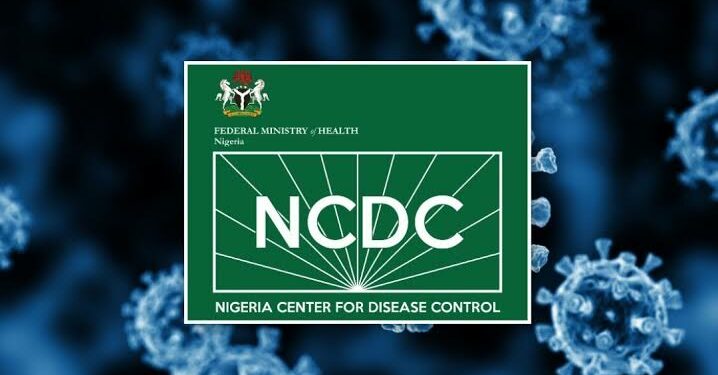The NCDC has reported 14,237 cholera cases and 378 deaths in 2024, urging improved sanitation and hygiene practices to curb the ongoing outbreak.
[dropcap]T[/dropcap]he Nigeria Centre for Disease Control and Prevention (NCDC) has reported a total of 14,237 cholera cases across 35 states and the Federal Capital Territory (FCT) as of October 13, 2024.
The outbreak, which spans 339 local government areas, has resulted in 378 deaths, according to NCDC Director General, Dr Jide Idris, who shared the figures during a press briefing in Abuja.
Also read: Cholera: Benue records 16 suspected cases, four deaths
Dr Idris highlighted that cholera remains a significant public health concern in Nigeria, particularly in regions with poor access to clean water, inadequate sanitation, and hygiene systems.
He also emphasised that the disease disproportionately affects vulnerable populations, including children under the age of five.
“Cholera is a preventable disease, yet it continues to claim lives, particularly in areas where basic infrastructure is lacking. As of October 13, 2024, we have recorded 14,237 cases, with 378 deaths, giving a case-fatality ratio of 2.7%.
The most recent surge, reported during the week of September 29, was linked to heavy rains and subsequent flooding,” said Dr Idris.
Flooding in northern states such as Borno, Adamawa, Jigawa, Yobe, and Kano has exacerbated the outbreak, making these areas the current epicentres.
The director general explained that earlier in the year, cases were concentrated in southern states as the rainy season began, but the situation has since shifted northward.
The NCDC noted that cholera cases and fatalities in 2024 have more than doubled compared to the previous year, underscoring the severity of the outbreak.
Dr Idris stressed that addressing underlying developmental issues, such as inadequate access to clean water, open defecation, poor sanitation, and hygiene practices, is crucial in the fight against cholera.
To contain the spread, the NCDC has deployed rapid response teams to the most affected states. High-level advocacy visits to states like Borno have also been conducted to support local health leadership and communities displaced by floods.
Additionally, reactive cholera vaccinations have been carried out in internally displaced persons (IDP) camps, significantly reducing the number of reported cases.
Dr Idris urged Nigerians to prioritise good hygiene practices, including regular hand washing with soap and clean water, and to seek immediate medical attention if cholera symptoms—such as severe diarrhoea and vomiting—occur.
Looking ahead, the NCDC’s focus will remain on enhancing disease surveillance, improving access to prompt treatment, and strengthening Water, Sanitation, and Hygiene (WASH) practices in affected communities.
























